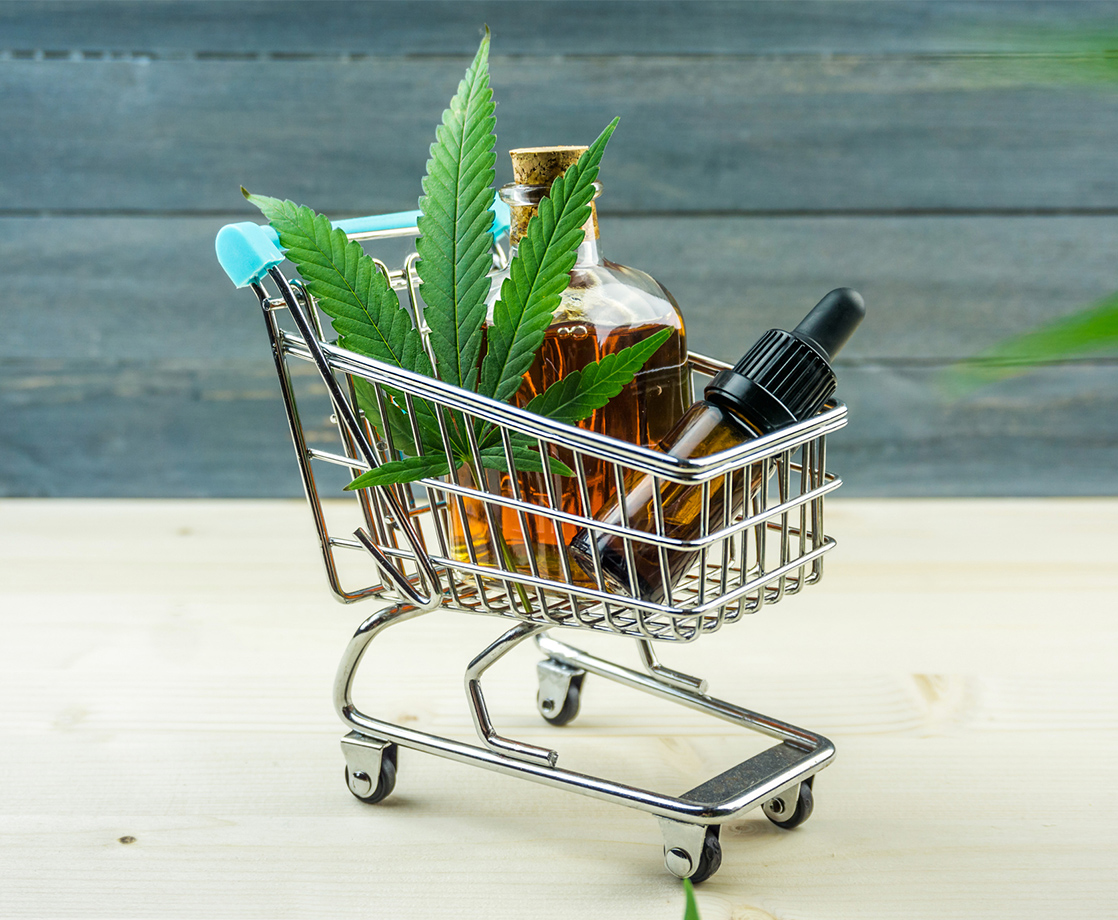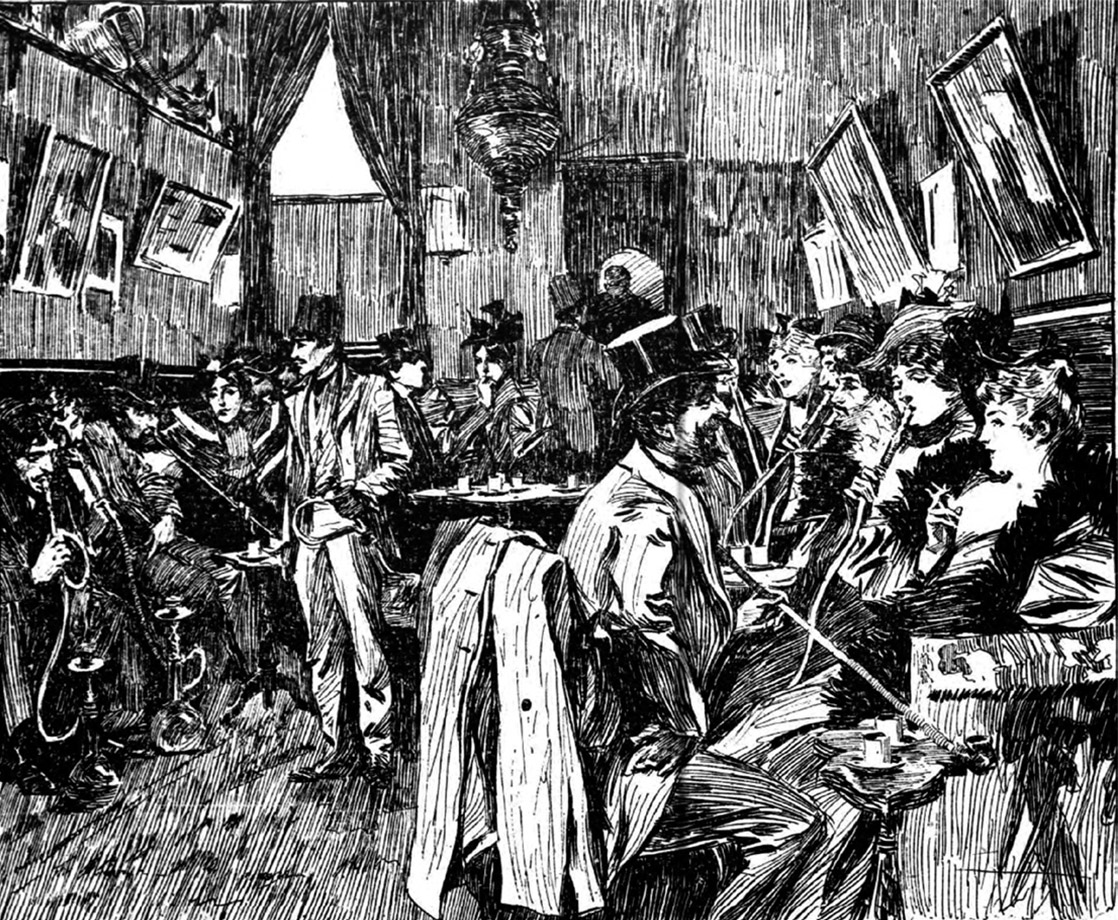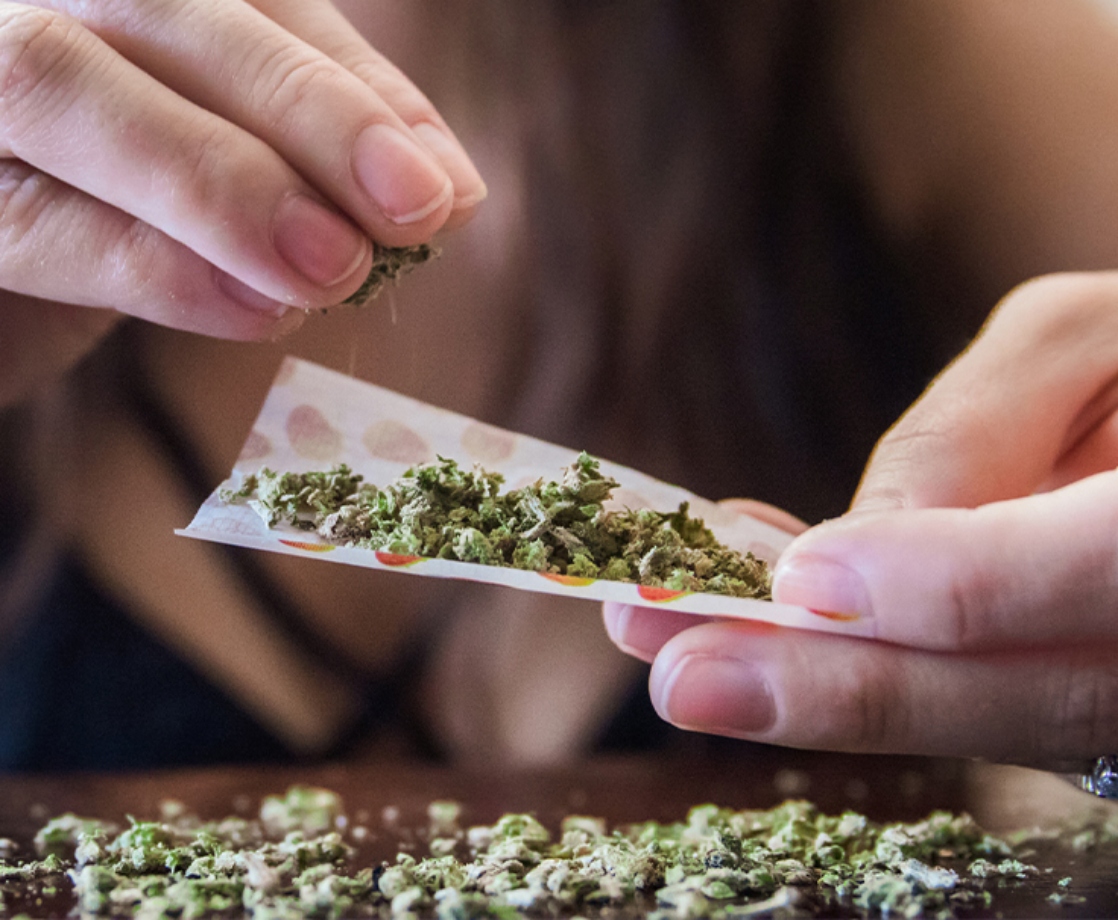California’s cannabis industry is a mess.
Nearly a year and a half after the state’s recreational cannabis market opened up, Cali is still wading through piles of temporary licenses, with only a small handful of legal businesses operating under full annual permits. On the other side of the coin, the state’s prolific black market is still thriving, with scores of unlicensed dispensaries, delivery services, and brands still operating across the state.
Now, to bring awareness to the unregulated cannabis activity that experts say makes up 80% of California’s pot industry, a group of licensed Golden State operators and state regulators is banding together, with an ultimate goal to encourage Californians to avoid unlicensed pot businesses.
Using the hashtag #ShopLegalShops, the group organized a social media “greenout” and statewide boycott of black market businesses on Wednesday. On Instagram, Golden State legal weed companies signified participation in the boycott by uploading a photo of a green tile with a cannabis leaf in the middle.
Joining the cause, licensed cannabis companies like Get Zen, 3C Farms, Yummi Karma, and Sol Distro; dispensaries such as Bakersfield Health, I Heart Canna, and San Francisco’s The Green Cross; and industry influencers like 420Diva, among others, posted the green tile and the #ShopLegalShops hashtag, calling out canna-businesses operating without state approval.
“Our feeling is that for legalization to work, consumers should support licensed retailers,” Bureau of Cannabis Control (BCC) Spokesman Alex Traverso said in a press release for the black market boycott. “Some products are counterfeit. Some products may advertise a certain THC potency and be entirely inaccurate.”
Business leaders behind the greenout said that the day of recognition was focused on three main issues with the black market: health, safety, and funding. Because these illicit cultivators, processors, and dispensaries do not follow the state’s strict cannabis regulations, their products are often sold without proper pesticide, contaminant, and potency testing. Similarly, they are not required to use child-safe packaging or observe state dosing standards. Finally, unlicensed businesses do not pay local or state taxes.
“Everyone should be alarmed. Consumers have no idea what type of dangerous products they are putting into their bodies,” Alysia Sofios of Yummi Karma, a licensed cannabis manufacturer in Costa Mesa participating in the Greenout, said. “Californians legalized cannabis and they don’t realize they are still shopping on the black market.”
To make matters worse, the state’s licensing structure still leaves plenty to be desired, with high fees and strict regulations keeping a majority of cannabis cultivators on the outside looking in. But no matter the problems facing the state, the BCC is no longer looking the other way when it comes to black market operations.
“We want to educate the consumer while also sending messaging to illegal operators,” Traverso said, “warning them that it’s time to get licensed or face the consequences.”
Follow Zach Harris on Twitter











